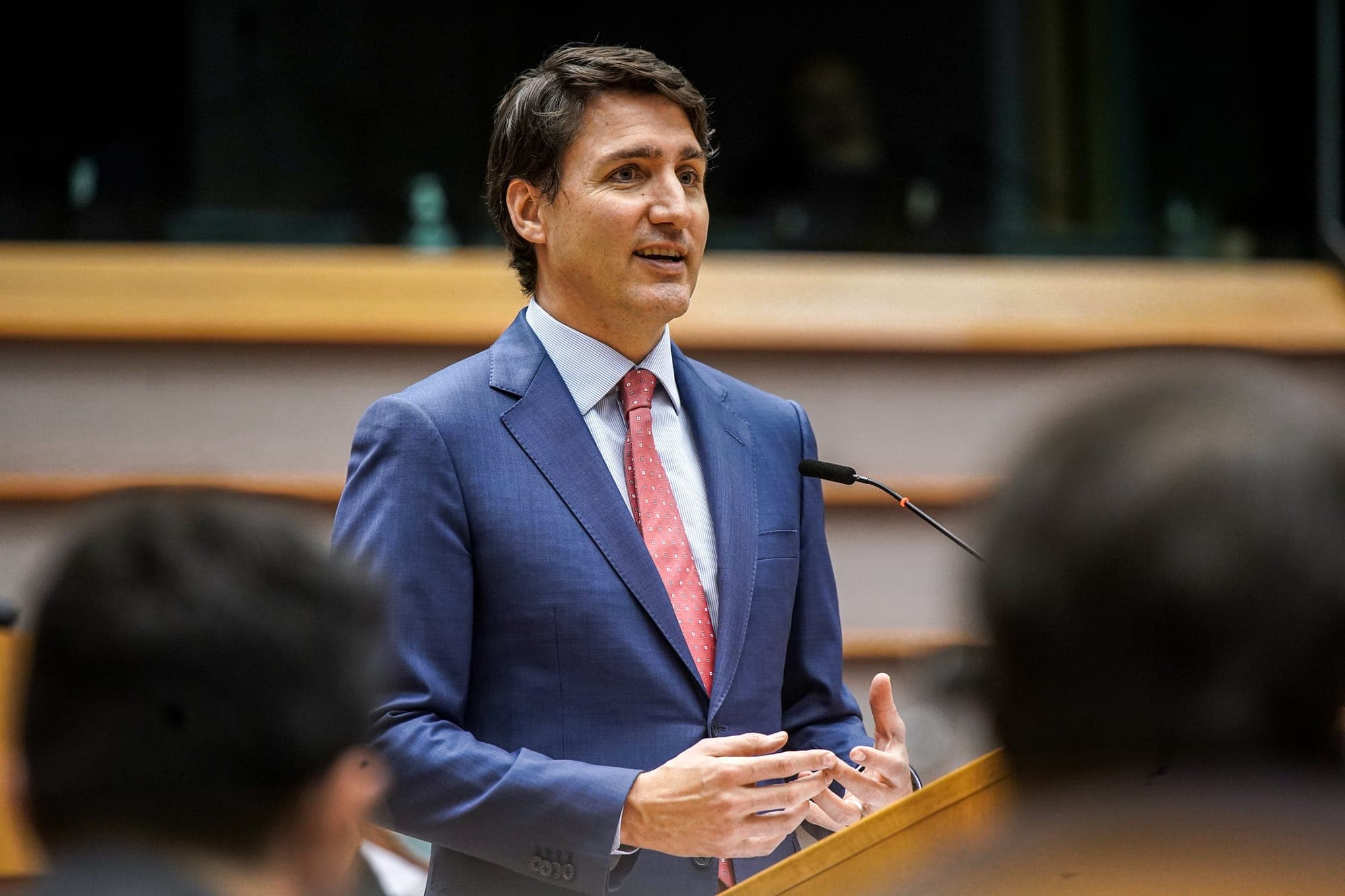On His Way Out, Trudeau Says He Regrets Not Implementing Ranked Choice Voting

Photo under creative license CC-BY-4.0: © European Union 2022 – Source: EP
Canadian Prime Minister Justin Trudeau, who announced his resignation this week after nearly a decade in power, reflected on his time in office and says he has one regret: He wished he had implemented ranked choice voting.
“I do wish that we’d been able to change the way we elect our governments in this country so that people could simply choose a second choice or a third choice," he said in his resignation statement.
"So, the parties would spend more time trying to be people’s second or third choices.”
Trudeau became the 23rd prime minister of Canada in 2015. He is also the head of the Liberal Party, which has become filled with discontent over his leadership amidst notable losses in parliament and support.
The ability to choose a second or third choice in an election is a voting method known as ranked choice voting (RCV), which gives voters the opportunity to rank candidates in order of preference instead of selecting only one candidate.
RCV is used in 51 American jurisdictions, including 2 states (Alaska and Maine), 3 counties, and 46 cities. In total, this accounts for approximately 14 million voters who are represented under RCV elections in the US alone.
Trudeau alluded to one of the main arguments used by RCV advocates in favor of the reform. When candidates and parties have to campaign for people's second and third choices, it means they need broader appeal and a civil approach.
After all, a candidate won't win over voters if they throw mud at a person's first choice.
"And people would be looking for things they have in common, instead of trying to polarize and divide Canadians against each other," Trudeau added. "I think in this time, figuring out how to pull together and find common ground remains something that is really important for democracies.”
Check out the full resignation announcement above.
 Shawn Griffiths
Shawn Griffiths





